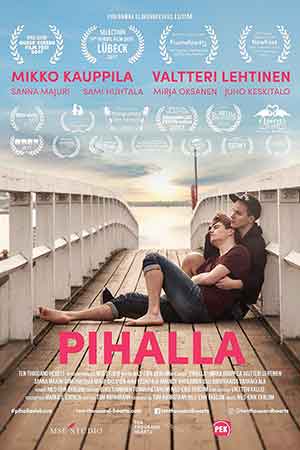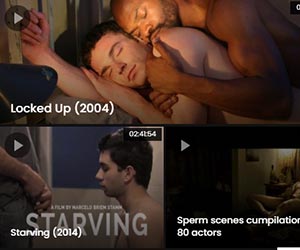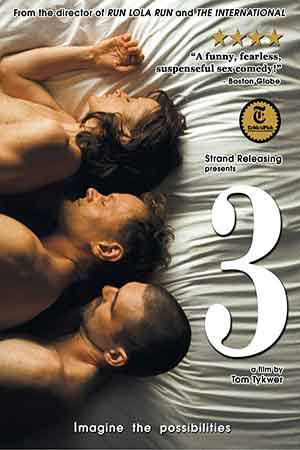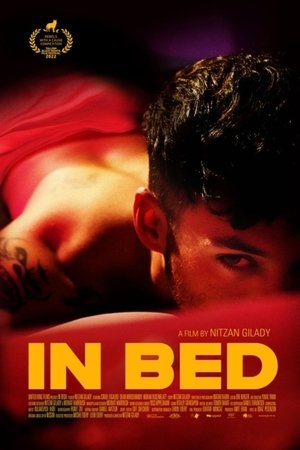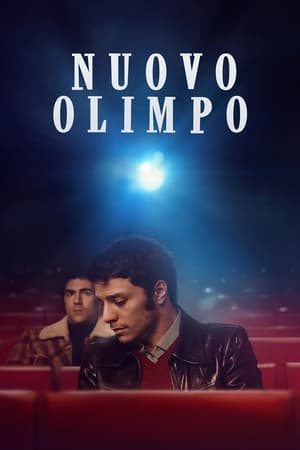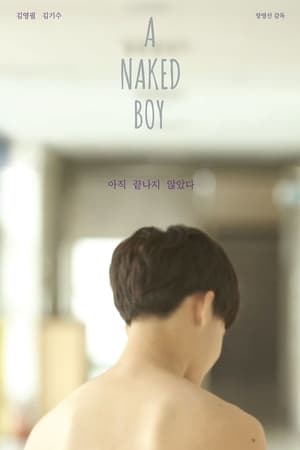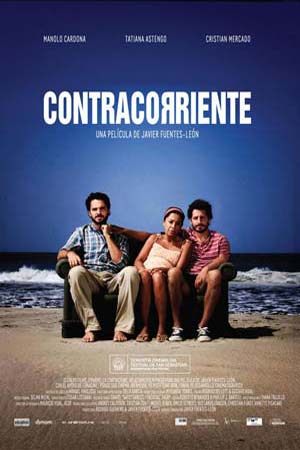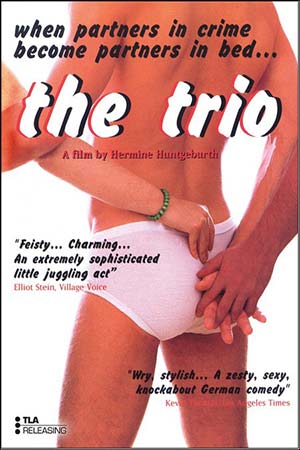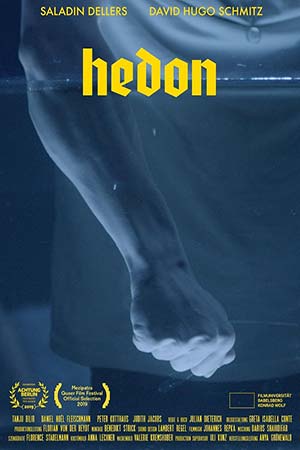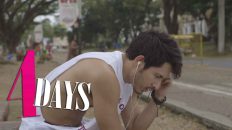Three (2010): Love Doesn’t Choose Gender, It Chooses Chaos
Berlin, Love, and an Unexpected Third
Tom Tykwer, the guy who gave us Run Lola Run, decided in 2010 to tell a different kind of story – not a chase, not an epic, but a messy, human love drama spiced with black humor.
Three (Drei) follows Hanna and Simon, a couple in their forties, together so long that their relationship sounds like a grocery list:
“Betrayal. Regrets. No marriage. No children. Eventually moving in together.”
Enter Adam
Just when you think it’s going to be another routine relationship story, Adam appears – young, charming, magnetic. And here’s the twist: both Hanna and Simon fall for him. Separately. Each thinking they’re hiding a scandalous secret. Until it turns out they’re all in the same bed, only no one has noticed yet.
This is where the film makes its point loud and clear: love doesn’t choose gender. It just strikes. One day Hanna falls,
the next day Simon falls, and suddenly you have a bisexual triangle that weirdly, somehow, works.
When Love Meets Illness
As if things weren’t chaotic enough, Simon is diagnosed with testicular cancer.
The doctor, dead serious, tells him:
“We have to remove one. Immediately.”
Simon, baffled, asks:
“What about sex? Why am I even asking?”
A moment both tragic and hilarious – the kind of dark humor
only Tykwer dares to slip into a love story.
Arguments, Philosophy, and Berlin
Hanna has her own storms, and in one heated moment she lashes out at Simon:
“Stop staying silent and masking your laziness with a smile!”
That line alone could hang on half the fridges in Europe. And Berlin itself is everywhere – art galleries, ethics councils,
football matches at Union Berlin. The city doesn’t just frame the story, it breathes through it.
3 And at the end…
Three isn’t a fairytale about perfect romance. It’s a messy, bisexual, deeply human story that says love doesn’t care
about gender, rules, or neat labels. It’s chaotic, funny, sometimes sad – but that’s exactly what makes it feel real.


